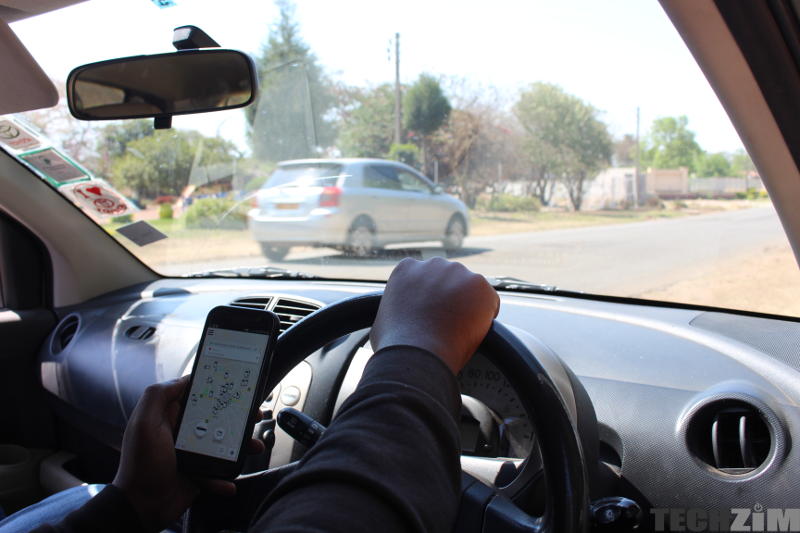Vaya seems to still have more tricks up its sleeves to revolutionise Zimbabwe’s transport industry. Just this week, it launched it’s Vaya Shuttle at the ZITF to offer visitors free shuttle services for the whole week.
Vaya Shuttle comes on top of other services like Vaya Carpool, Vaya Hopper, and Vaya Ambulance etc. As if that’s not enough, it’s planning to launch services like Vaya Rural and a Vaya Intercity Bus Schedule, Vaya Touring and Safaris, Vaya Air Services, Vaya School Shuttle and Vaya Cross Border Service, which we are yet to learn how they will work. Also, currently we don’t know when they will be rolled out.
Where is Vaya going?
If you take a look at the number of services it has launched since it debuted 6 months, you can see that Cassava Smartech’s subsidiary really wants to use its platform to be the gateway for all modes of transport
Yep, by the looks of it, Vaya seems to be steering towards A Mobility-as-a-Service (MaaS) model. MaaS offers people the ability to access and pay for multiple transport models on a single platform, like Vaya. So instead of owning a specific mode of transportation (like a car, van, bike etc), a consumer can just order to use it whenever you need it. Some studies even say that the MaaS model is cheaper for consumers in the long term.
Cassava Smartech seems to have enough ingredients to come up with such a model. However, if you consider that in Zimbabwe, particularly, many people still desire to own their modes of transport (cars especially). So for Vaya’s MaaS model to quickly take off, it will need some time (many years, if not decades) since we first have to get fed up with owning cars, then afterwards we will warm up towards the practice of temporarily owning them (on-demand) when we only want to use them.

2 comments
The typical Econet strategy of churning out products prefixed by “Eco” or “Econet”, in this case the prefix is “Vaya”. The rest of these will be half baked ideas that will die a natural death.
When you write things like “Some studies even say that the MaaS model is cheaper for consumers in the long term” it’s usually best practice to provide a link to or at least cite said studies. Would be interested in knowing how externally valid the findings of such a study would be?